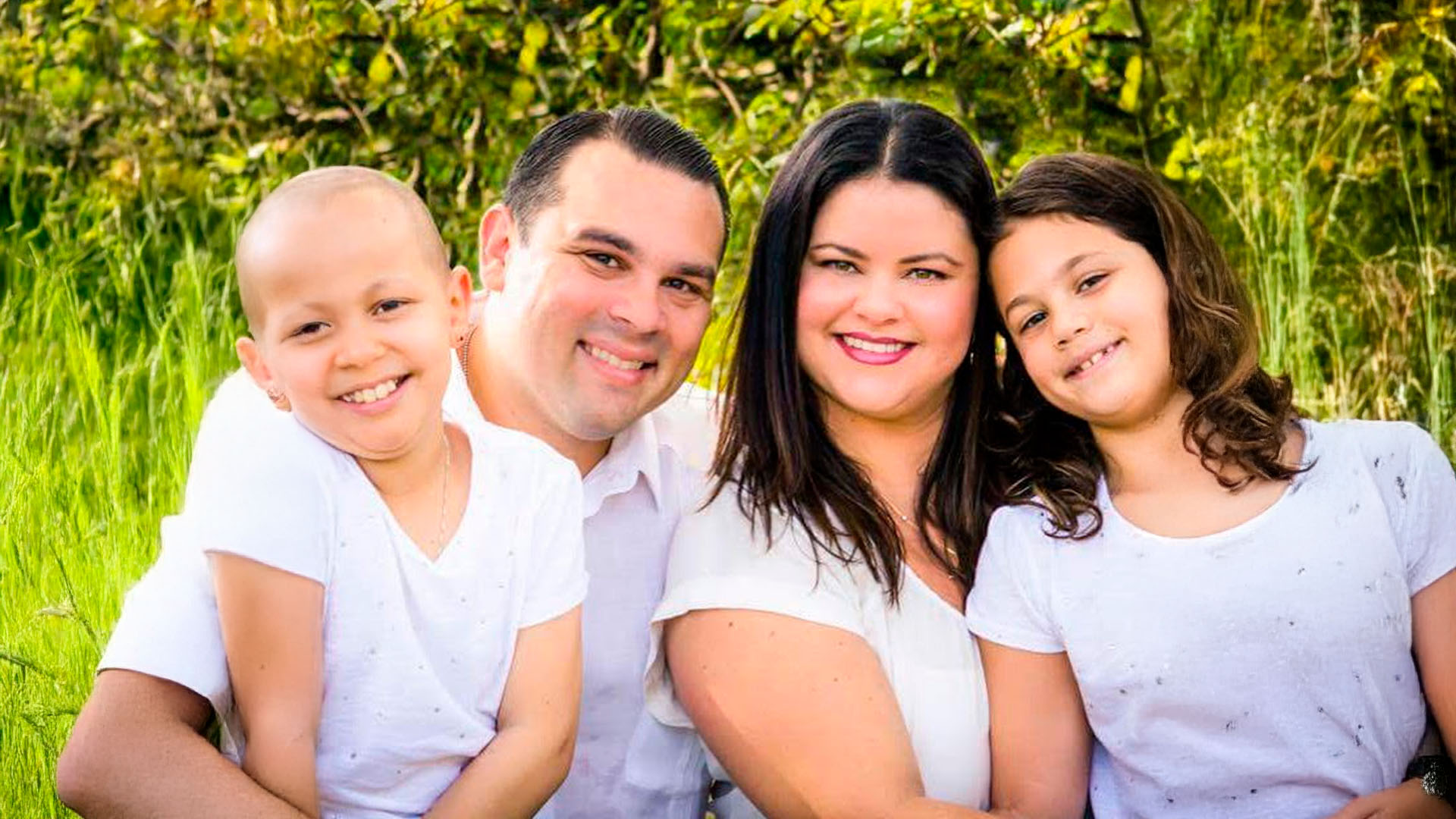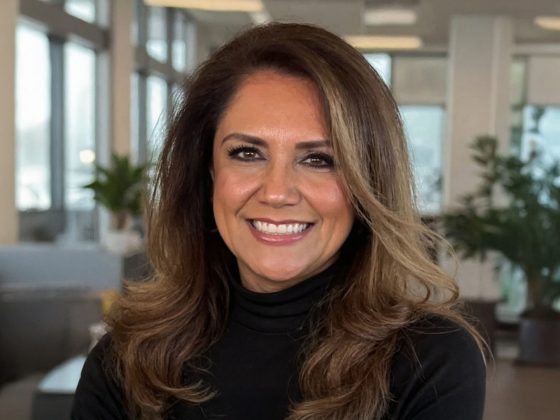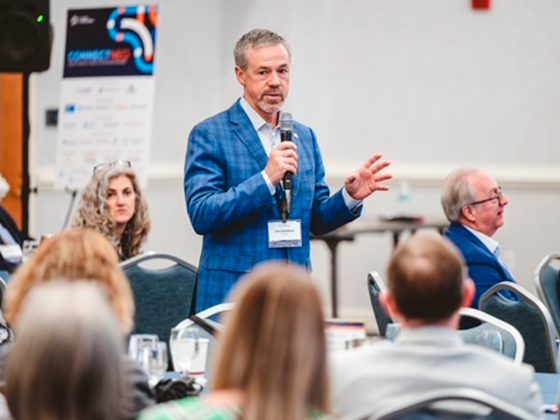Life doesn’t ask permission before delivering its hardest blows. Some leaders learn this through business setbacks, others through personal loss that reshapes everything they thought they knew about strength. Raymond Rodriguez Torres has experienced both, and his approach to facing tragedy has transformed not only his own life but thousands of others facing similar battles.
Building Strength Through Diverse Teams
Every business leader gets hit with problems they didn’t see coming. Markets crash, money runs out, or something completely unexpected erupts overnight. Raymond’s approach is straightforward: stick with the people who got you there. “It’s very important to rally around those that have helped us build our organizations. Those folks that we count on the most,” he explains. But it’s not just about loyalty. Different people see problems differently, and that’s exactly what you need when everything’s collapsing.
Raymond has learned that trying to solve every crisis by yourself is a losing strategy. The effective approach is getting people with different backgrounds and skills to tackle problems together. “It’s important to have diversity of thought and diversity of strength within your team,” he notes. Instead of carrying all the weight alone, he lets each team member use their specific strengths. This works especially well when you’re dealing with the kind of problems that can destroy a business if you handle them wrong.
Personal Tragedy and the Power of Acceptance
Business problems are tough, but they don’t compare to losing a child. Raymond knows this better than most people ever will. His daughter Bella got cancer when she was four years old. The doctors said she’d never walk again and had maybe weeks or months to live. “I can assure you that from a personal standpoint, there is nothing more challenging than to be told that your four-year-old daughter will never walk again and has a few weeks to a few months to live,” he shares.
What happened next was a six-year fight that taught him things about strength he never knew existed. Bella lived with a kind of courage that inspired everyone around her. She showed her dad that even the worst situations don’t have to end badly. “I learned from my precious child that we can take tragedy and turn it into triumph if we so choose,” he reflects. The key is accepting what you can’t change without giving up on what you can.
Choosing Your Response
Acceptance doesn’t mean giving up. For Raymond, it meant shifting his perspective from victim to victor. Instead of asking why this happened to his family, he chose a different question entirely. “Rather than looking up and saying, ‘why me?’ I can instead look around me at the people that are purposely in my life and examine the skills and talents that I’ve been granted and then choose to tackle that tragedy head on.” This mindset shift applies directly to professional challenges. When businesses face crisis, leaders can get trapped in blame cycles or spend energy fighting circumstances they can’t change. Raymond’s approach focuses on available resources and opportunities for positive action. “Rather than asking why me, declare why not me and then choose to walk in victory,” he explains. This isn’t about positive thinking or denial, but about channeling energy into constructive response rather than destructive reaction.
The Ripple Effect of Shared Purpose
Bella passed away at age 10, but her impact continues growing. The Live Like Bella Childhood Cancer Foundation, which Raymond chairs, has raised over $40 million for pediatric cancer research and serves families in 38 countries. This work demonstrates how personal tragedy can become a platform for helping others facing similar battles. The foundation’s success reflects his broader leadership philosophy about surrounding yourself with committed people. “So many people have given up their time and talent and treasure,” he notes, describing the team that’s built this organization into a global force. The same principles that help businesses survive crisis, rallying dedicated team members around a shared mission, apply to personal challenges.
Raymond’s story shows how the same leadership skills work whether you’re dealing with business problems or personal disasters. Build teams with different strengths, accept what you can’t control while focusing hard on what you can, and surround yourself with people who really care about the mission. “Those lessons that I learned from my daughter Bella during that specific tragedy continue to bear fruit not only within myself as her dad and as the chairman of this organization, but more importantly within the team members that comprise this entity,” he explains. The foundation keeps growing every year, which proves that even the worst tragedies can create something positive that lasts long after the original pain.
Follow Raymond Rodriguez-Torres on LinkedIn for more insights on leadership through adversity and purpose-driven transformation.


